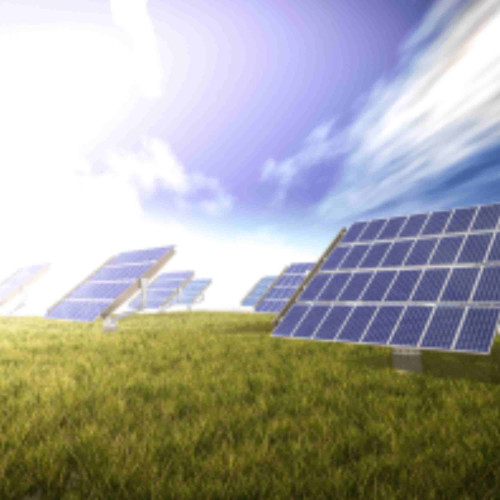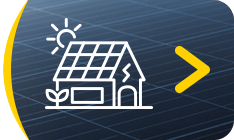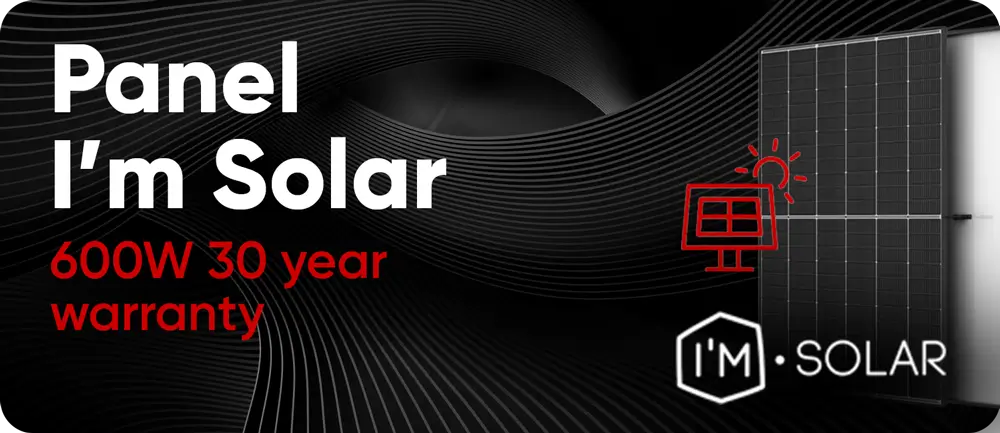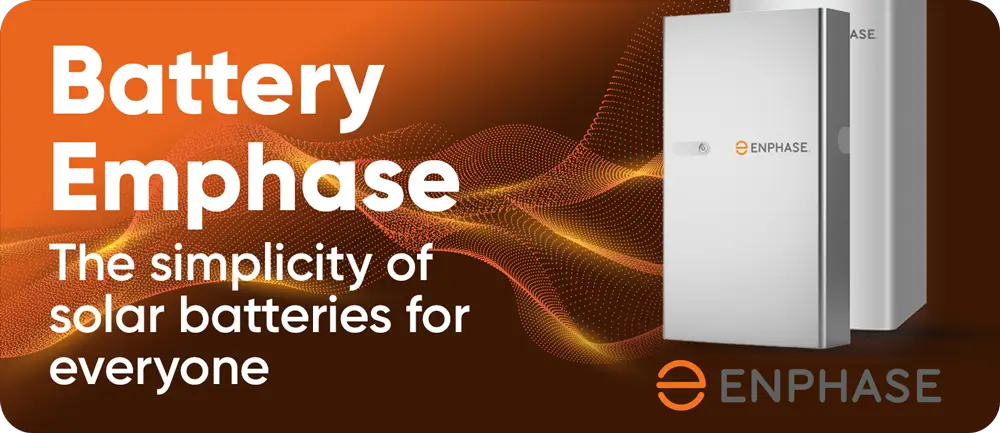- 27 Sep, 2017
- Solar Training , Myths & Facts

Producing electricity with solar panels does not cause any pollution. This means that the ecological impact of photovoltaics is zero. If any, then it's the production of the solar panels themselves that causes pollution as the industrial processes can never be fully environmentally neutral. What can we then say about the evironmental balance of photovoltaics on the whole?
The environmental impact of the production processes
The sand from which the silicon is extracted, the chlorinated products used to make the cells and the other chemical elements that come into their production obviously involve waste. In addition, the industrial process itself results in the emission of greenhouse gases and the use of a certain amount of water. Anecdotal mention may also be made on the environmental impact of certain equipment related to solar panels such as inverters, which is mainly due to their electronical equipment and the materials that are made of.
All these factors must therefore be taken into account when assessing the overall environmental impact of photovoltaics. By taking these kinds of pollution into account and counterbalancing them with the positive impact of solar systems on the environment, the final result is ultimately favorable.
Energetic impact compensation
As a matter of fact, the chemical or organic waste caused by the production of solar panels can be considered as minor. Consequently, their main impact is due to their energy consumption, mainly due to the refining of silicon, which accounts for nearly 40%. This effect is more than compensated by its use. Rather, it is considered that, thanks to its own electricity production, a photovoltaic panel has an energy return time (that is, the reimbursement of the energy "debt" generated by its production) of ca 3 years in France. However, photovoltaic systems have a lifespan between 30 and 35 years. Therefore, at the end of its period of use, a panel will have paid its debt back at least 10 times.
An emission of greenhouse gases below that of other energies
With regard to the emission of greenhouse gases, a solar panel emits about 70g of CO2-eq for 1 kWh produced. And the average for the production of kWh in France is 110g CO2-eq, this average varying according to the type of use of the energy produced.
An impact that tends to diminish
The continuous improvement of production techniques, with the arrival of new equipment and technical innovations, increases the ecological performance of photovoltaics. These new techniques tend to reduce the total energy expenditure by 10 to 20%. It's the same for the expenditure of materials; with the introduction of increasingly thin panels and the installation of frameless modules, this expenditure is diminishing. Increasing cell efficiency with the advance of photovoltaic technology also tends to reduce the environmental impact of the system.
Recycling solar panels
To achieve a complete environmental assessment, it is necessary to consider the waste treatment that involves the solar panels end of life.
This waste is first of all limited because of the few spare parts the panels are made of. Similarly, the materials being enclosed in laminate generate little waste. But even small in volume, what shall we do with them once the solar panel is at the end of its life?
It is important to consider that solar panels can be recycled. An association was created to do so in 2007: PV Cycle offers collection points for the used panels of their members’ brands. The panel recycling makes it possible to recover precious materials and to save our natural resources. It is indeed possible to recycle glass, some metals and parts of the semiconductor materials component panels. In addition, recycling techniques are being improved and more and more components of solar modules are entitled to a second life.
Glass, for example, is recovered to create fiberglass products, insulators or packaging. As for metals, silicon and plastic, they are used to produce new raw materials. The panels’ recycling hence induces a virtuous circle: as it allows the reproduction of the raw materials used for the manufacture of the panels, the cost of the latter decreases mechanically.
In conclusion, the environmental record which is already favorable for photovoltaics is bound to improve as a result of technical innovations and recycling. On this last point, the PV Cycle association has set targets leading to recycled panels percentage to be 80% by 2015 and 85% by 2020.
The production of electricity from a photovoltaic panel does not cause any particular pollution. The ecological impact of photovoltaic operation is therefore zero. If we have to look for an impact, it will be on the side of the production of panels which happens to be the result of a not neutral industrial process for the environment. What can we then conclude on the environmental balance of photovoltaics?










